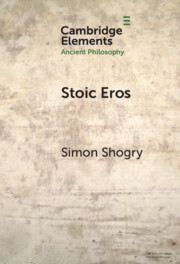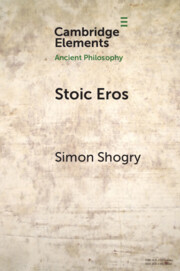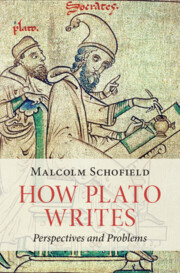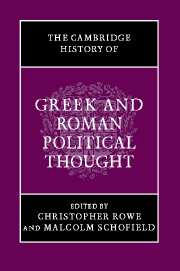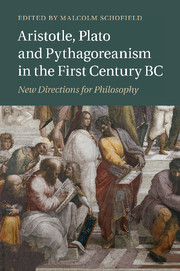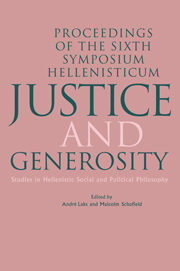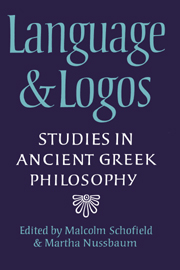The Stoic Idea of the City
The early Stoics initiated the long natural law tradition of Western political thought. Yet Zeno, founder of the school, wrote a notorious Republic prescribing a community of the good and wise in the classical ideal state mould. Malcolm Schofield's book begins with a study of the ancient controversies which surround the Republic and supply us with much of our evidence about its contents, and goes on to explore the Platonised concept of love treated by Zeno as a key principle of political unity. In Chrysippus, Zeno's most influential successor, the idea of a city of sages is transformed into the theory of a cosmic city of gods and men. Dr Schofield examines the arguments for the theory and reconstructs its original intellectual context. In his concluding chapter, he shows how its emergence constitutes, in effect, the transition from republicanism to natural law. The scattered and hitherto underused textual evidence is translated in the course of the book, which will serve as a unique collection of source material. The Stoic Idea of the City will interest classicists, theologians and historians of political thought as well as those primarily concerned with ancient philosophy.
- In brief, this is a book about the political philosophy of the early Greek Stoics - a basic issue for western political thought
- Schofield is a well-known name to booksellers - especially as the co-author of Kirk, Raven and Schofield, The Presocratic Philosophers
- Short, essay-like book, which should be snapped up by all philosophers
Product details
November 1991Hardback
9780521394703
186 pages
225 × 145 × 15 mm
0.334kg
Unavailable - out of print June 1996
Table of Contents
- Preface
- Abbreviations
- Introduction
- 1. Cassius the sceptic
- 2. City of love
- 3. The cosmic city
- 4. From Republicanism to natural law
- Appendices A. Plutarch, de Alex. virt. 329A-B
- B. Problems with the Stoic definitions of love
- C. Ethical attractiveness
- D. Descending to marriage
- E. Plato and the Stoics on concord
- F. Cleanthes' syllogism
- G. Asteion
- H. Diogenes' cosmopolitanism
- Bibliography
- Index of passages
- General index.


